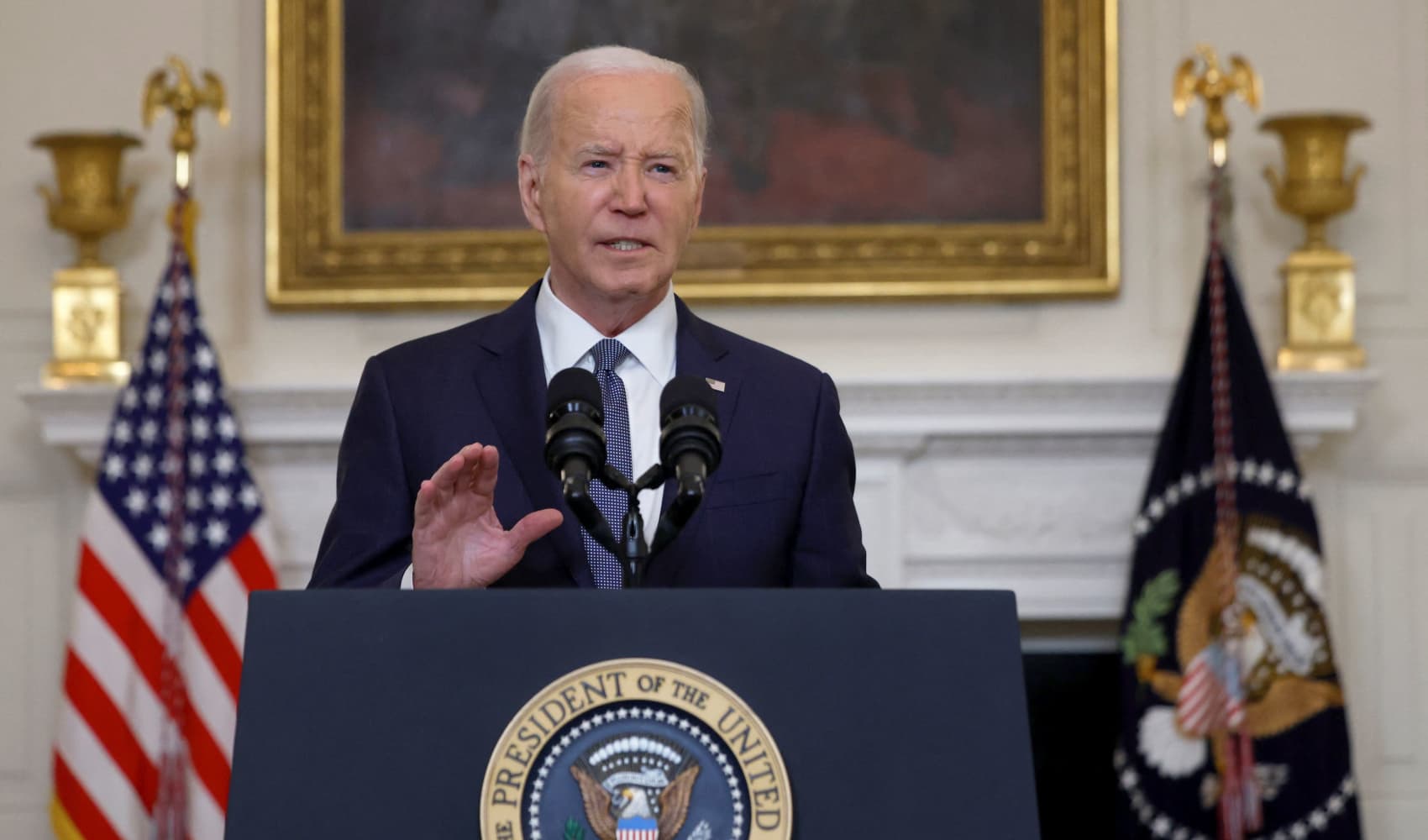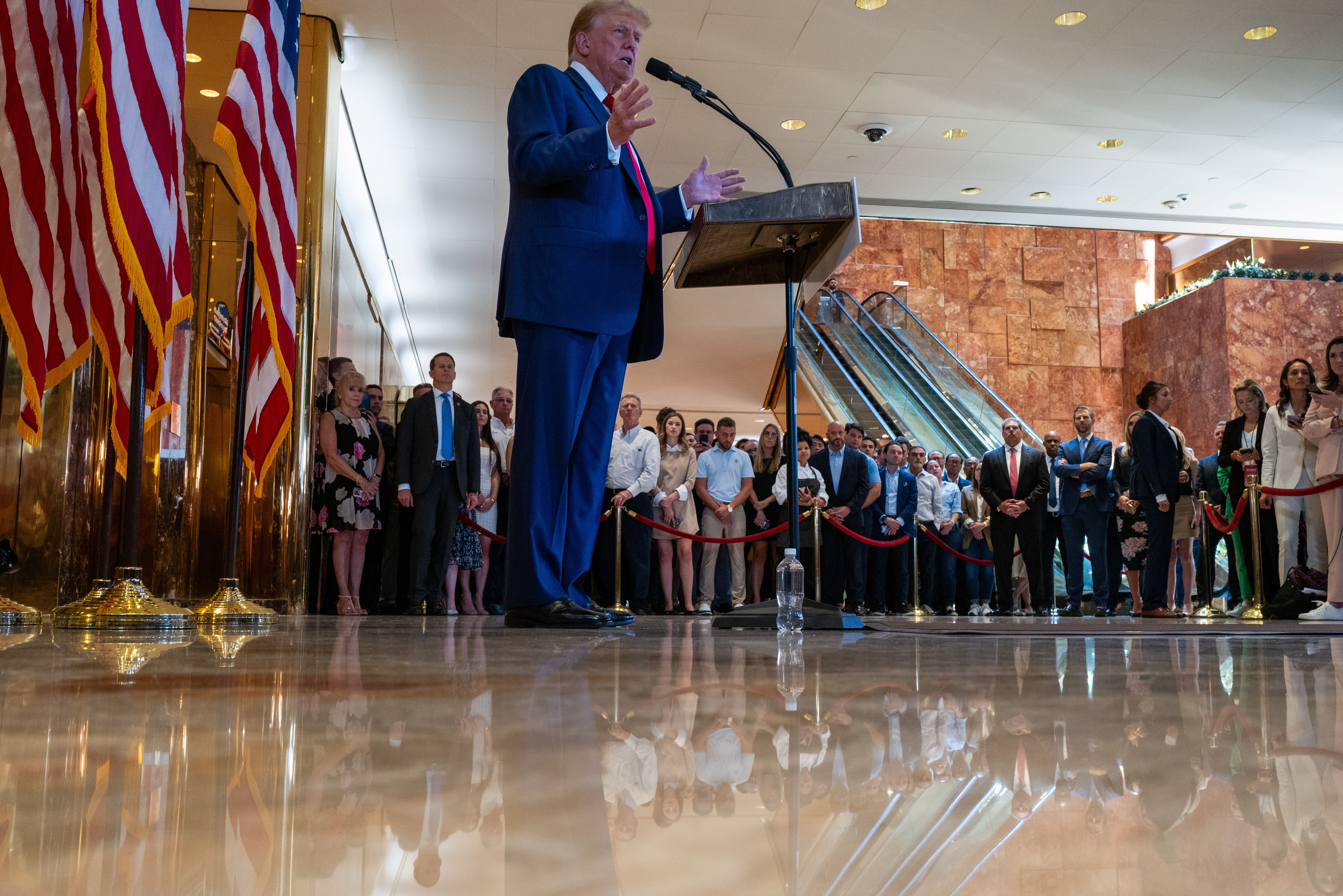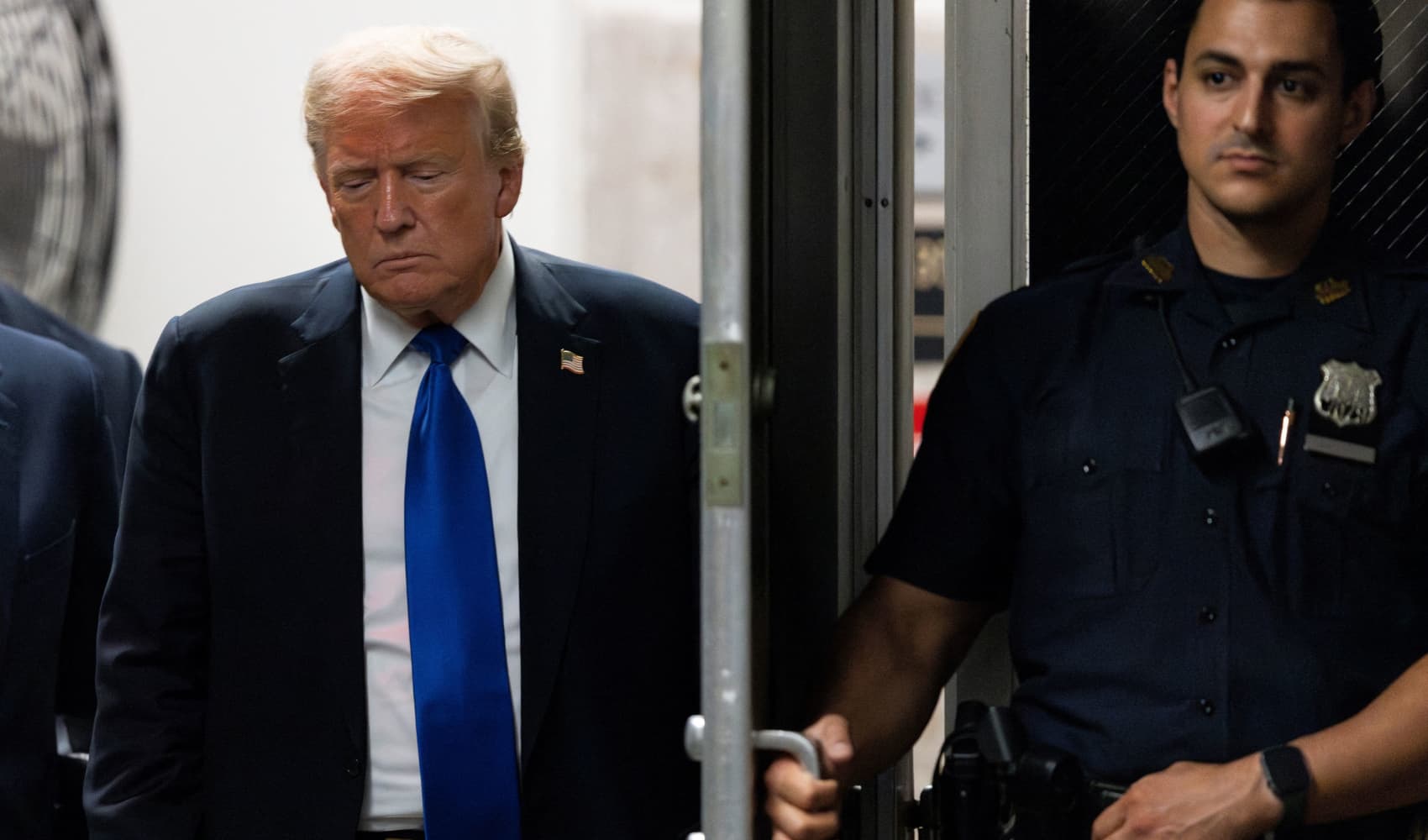Former President Donald Trump was looking ahead to the November election, less than one day after a jury found him guilty on 34 felony counts in connection with a hush money payment to adult film actor Stormy Daniels during his 2016 presidential campaign.
"We’re going to continue this fight. We’re going to Make America Great Again very simple," he said at a news conference Friday morning.
But now, with a felony conviction, questions have arisen about his ability to run for president, vote and how this will impact his other three criminal cases.
Can Donald Trump still run for president?
Yes, Donald Trump can still run for president and accept a nomination at the Republican National Convention in Milwaukee this summer. The Republican Party, however, can come forward and say it no longer supports his bid.
The latter seems highly unlikely after RNC Chair Michael Whatley posted to 'X' that "Republicans woke up this morning more united behind President Trump than ever before."
Can he still vote?
Trump changed his permanent address to Florida in 2019. Florida's voting law defers to the state where a felon is convicted. In the former President's case, the state is New York, where only felons behind bars lose their right to vote.
NBC News legal experts said it's unlikely he will spend time in prison, meaning yes, he would be allowed to cast a ballot for himself in Florida in November.
Feeling out of the loop? We'll catch you up on the Chicago news you need to know. Sign up for the weekly> Chicago Catch-Up newsletter.
What happens to his other legal cases?
The former president still has three other legal cases to fight. Two of them are for federal crimes. He faces election interference charges in Washington, D.C., and similar charges in Georgia. He also has a federal case in Florida for allegedly mishandling classified documents.
However, legal experts said none of these will conclude by election day. In Washington, D.C., there's a hold-up as the Supreme Court weighs whether the former president will be able to claim immunity from the case. The classified document hearings are postponed due to pretrial issues, and the next Fulton County, Georgia, hearing isn't until August.
Will the felony convictions affect his other cases?
The convictions can affect Trump's criminal history category going into the additional criminal cases.
What happens to his other legal cases if he becomes president?
If any of the two federal cases are pending at the time of inauguration, Trump can appoint an attorney general who would dismiss the cases, or he could attempt to self-pardon.
When is sentencing, and will he file an appeal?
The judge in the case set the former president's sentencing for July 11. He could face prison time, but multiple legal experts stated they don't believe he will spend any time behind bars. That's likely the case, experts said, due to the non-violent nature of his conviction, no prior criminal record, his age and his other cases.
At a news conference Friday morning, Trump said he plans to appeal the conviction.
"We’re going to be appealing this scam, appealing it on many different things," he said. "He wouldn’t allow us to have witnesses, wouldn’t allow us to talk, wouldn’t allow us to do anything. The judge was a tyrant.”
Legal experts said an appeal process can take months, and believe there are plenty of legal arguments to make, although it's difficult to challenge a jury.
A timeline of events in Trump's hush money case
Click here to view a timeline of events dating from 2006 to 2024, starting when Daniels alleged she had an affair with Trump leading up to Thursday's conviction.




